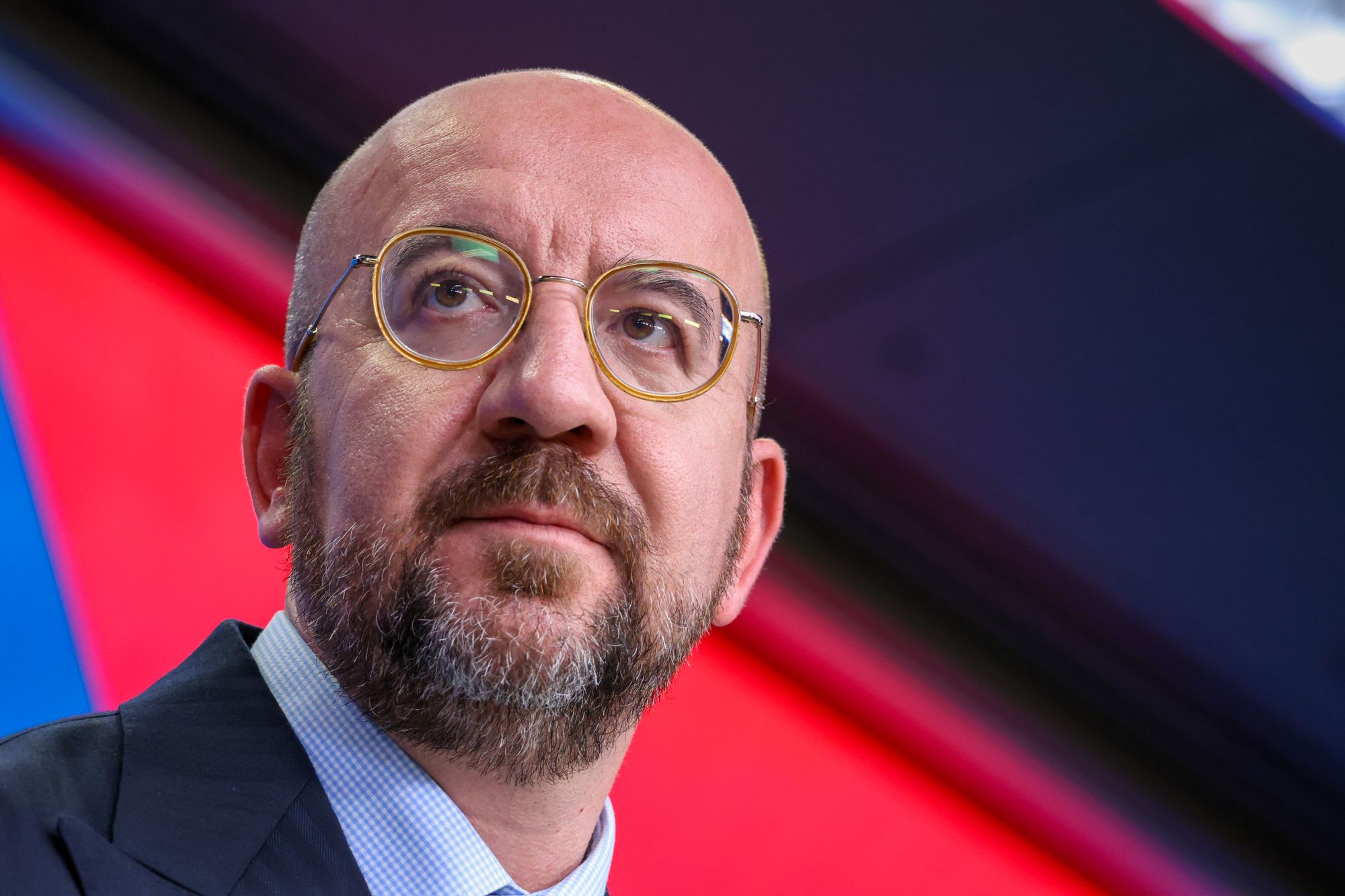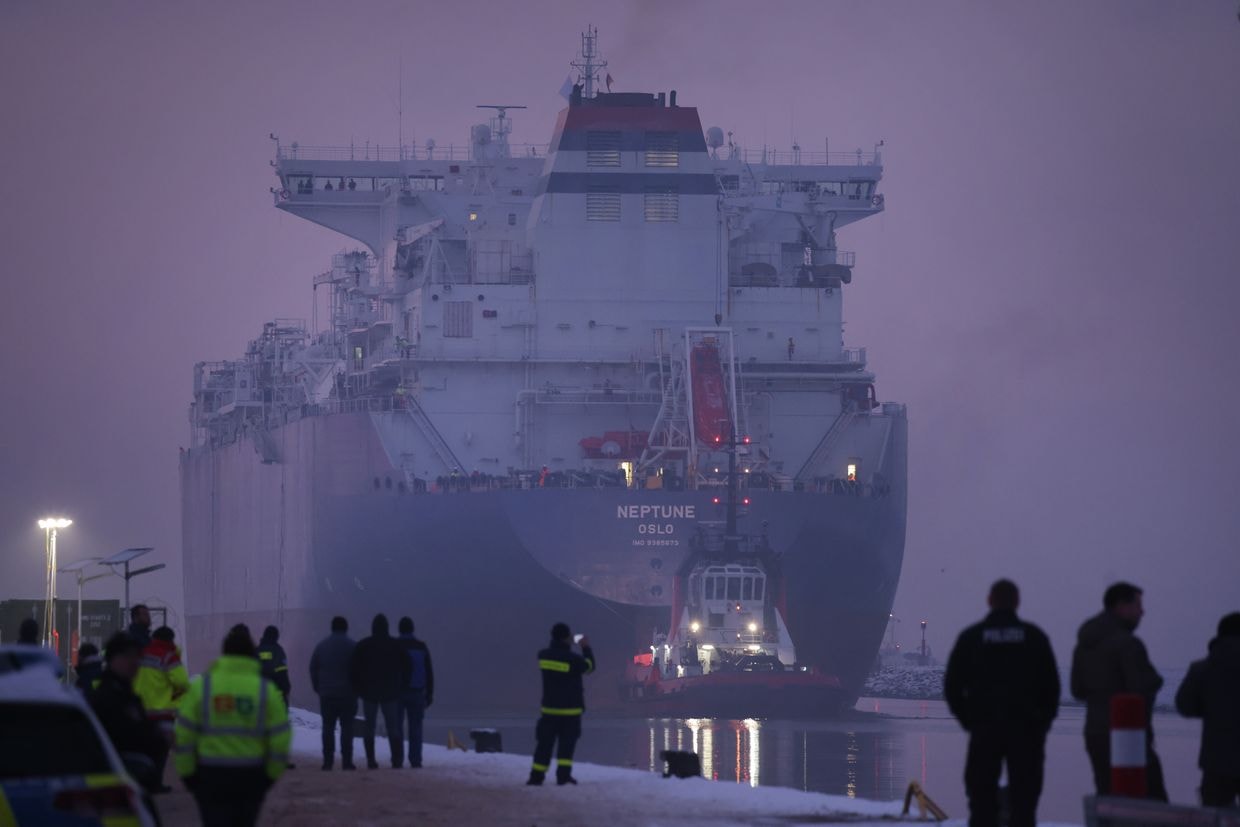Belgian PM: EU needs to reform before further enlargement

Belgian Prime Minister Alexander de Croo, whose country currently presides over the Council of the EU, said on Jan. 5 that the bloc must undertake reforms before accepting new members.
The statement comes less than a month after the European Council agreed to launch accession talks with Ukraine and Moldova.
Speaking at a Brussels press conference together with European Commission President Ursula von der Leyen, de Croo said that the Belgian presidency would work on a negotiating framework for the entry of the two candidate countries.
"The European population looks to the European Union...with expectations to protect them, with expectations to strengthen our well-being, our welfare, and with expectations to prepare a common future," de Croo said.
"A common future here in Europe means also, of course, Ukraine in the heart of Europe. It is the best guarantee for our future security and collective stability."
The prime minister nevertheless noted that reforms are needed before the enlargement, saying that "before we get bigger, we need to get better."
The EU must improve its ability to make quick decisions while maintaining unity and be more efficient with the resources of its member countries, he said.
Weeks before the EU summit that greenlit the accession talks with Kyiv, Hungary threatened to derail the European unity and block the start of the negotiations.
Hungarian Prime Minister Viktor Orban eventually allowed other leaders to reach a consensus by leaving the room during a key vote.
European Commission Vice-President Vera Jourova was hopeful about Kyiv's membership process, saying it will take years rather than decades. European Council President Charles Michel said in October that Ukraine should become a full member by 2030.
While not obstructing the accession talks, Budapest blocked the EU funding package for Ukraine of 50 billion euros ($55 billion) during the December summit. European leaders are to re-convene on Feb. 1 to discuss the issue.
Speaking at the press conference with de Croo, von der Leyen said that the Commission is working on "operational solutions" to assist Ukraine if the proposed $55 million funding package falls through.












